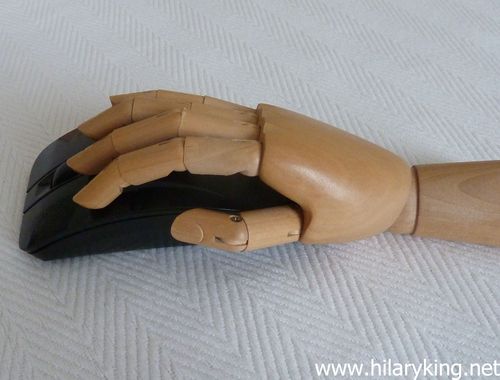Studying can damage you – if you mis-use yourself
Offices and performances have deadlines and exams get students working long hours. Some people will be damaging their health in the process. This has been understood for a long time. As Mary Wollstonecraft said in A Vindication of the Rights of Woman 1792, ‘People of genius have, very frequently, impaired their constitutions by study or careless inattention to their health’
People still pressure themselves into over-working intensely (in-tense-ly – get it? ) at the expense of their health, whether it is reaching deadlines for the boss, feeling stressed, aiming for high scores in exams, over-practising on a musical instrument, or pushing themselves way beyond their natural limits in dance or sports. The end gaining ‘no pain no gain’ attitude has, unfortunately, led to many injuries over the years, which so often stop the person working or performing altogether. We don’t need to do that. How much better when we pace ourselves and are mindful of how we are using our bodies, particularly under stress.
 Be mindful of your habits and how much tension you put into your mouse hand
Be mindful of your habits and how much tension you put into your mouse hand
Are you aware of how much tension you put into your mouse hand and do you keep working without a rest, despite RSI pain developing and making life miserable? This does not serve you – stop such habits now, before they stop you working! Many people set their equipment up well but do not notice
how they actually use them. D
o you tense yourself as you anticipate using the keyboard and ‘
getting down to work‘? This downward energy will restrict your hands and arm
use and such compression often results in neck and
back pain.
Become aware not just of what you are doing but
how you are doing it. Be mindful of your
habits and allow your hands to move towards the keyboard and mouse softly and
freely, without any reaction of tensing up. Keep reminding yourself not to tighten as you work and take frequent little breaks to free up your hands, arms and back again. This will also clear your mind and help you work better. This is easier to do with the help of an AT teacher.
Don’t mindlessly ‘Keep going until it’s finished’, without taking breaks
It is a common story that new AT pupils tell me as they describe why they have come for Alexander lessons ~ ‘I felt I had to keep going because ‘it’ was so important and then I got headaches / RSI / hurt my back / got ill / strained a muscle’… Many people raise their blood pressure levels because of stress and overwork and that driven ‘nose to the grindstone‘ attitude towards work, usually distorts our posture and impacts on our general health.
If we
thrust our neck out to look at books, phones and screens, we collapse the chest and our (heavy) head gets pulled forwards and down. The neck is constantly held out in front of the torso, so that it gets more and more tense as it tries to hold up the weight of the head without proper support from the bony structure of the skeleton and back. The neck and head become out of alignment – typical of ‘Text Neck’! This distorts us and puts a lot of pressure on the neck vertebrae and the upper back so that Kyphosis develops, frequently resulting in damage and pain. It also pushes extra weight down into the arms and hands, making hand-use more difficult and restricted – very unhelpful if you want to make music, for instance.
‘The Scholar’ by Tapfuma Gusta
This fixed, pulled down posture has been beautifully portrayed in a sculpture, ‘The Scholar’ shown below, which was exhibited in Kirstenbosch Botanic Gardens, Cape Town. How familiar is that body-shape in those that study hard! You can see how the heavy weight of this man’s head has been dragging his body down; endless study giving him a wealth of knowledge perhaps, but at the expense of his physical well-being.
All Work and No Play Makes Jack a Dull Boy
Have you noticed how many words in English that are associated with work are descriptive of tension and a downward energy? We reflect that in our minds and bodies if we are not careful – but luckily we can learn to change this!
It helps us in many ways when we let ourselves lighten-up and allow our minds and bodies to change gear, to rest and play as well as work. As one pupil put it:
“When I use the semi-supine rest procedure in the office at lunchtime, it means I have a clearer head when I re-start work and I get less back pain”
 Be mindful of your habits and how much tension you put into your mouse hand
Be mindful of your habits and how much tension you put into your mouse hand
